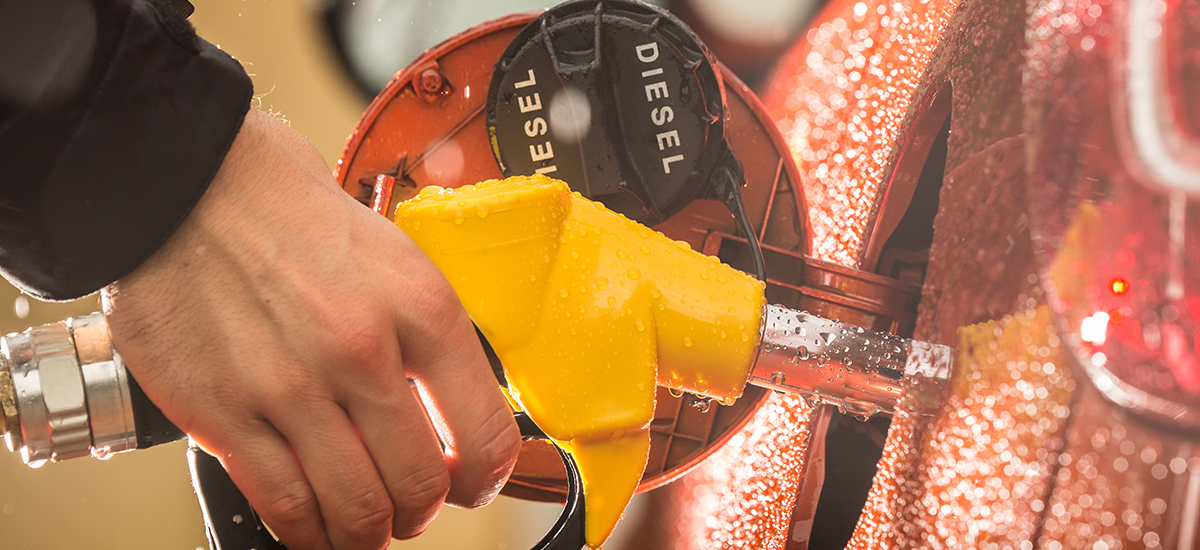
 Your Credit Estimate
Your Credit Estimate
 Your Credit
Your Credit
Your zip code helps us provide you with the most accurate vehicle pricing and vehicle availability.
We estimate your credit score to give you an idea of your monthly payments. To get an accurate payment amount, complete our credit application by clicking the Start Credit Application button below.
start credit application
To meet the EPA emissions regulations by 2022-2025, automakers are exploring a number of more fuel efficient options and many automakers have begun experimenting with diesel engines.
Though Volkswagen has stepped back from diesel as a result of their diesel emissions scandal, other automakers including Mazda, Chevy, Jeep are actually adding diesel engines to their lineup. However, it doesn’t look like that is going to be a good option globally.
Recently, the mayors of Madrid, Paris and Mexico City have pledged to ban diesel vehicles by 2025.
“Today, we also stand up to say we no longer tolerate air pollution and the health problems and deaths it causes – particularly for our most vulnerable citizens,” said Anne Hidalgo, mayor of Paris, in a statement. “Big problems like air pollution require bold action, and we call on car and bus manufacturers to join us.”
So our question is, why are automakers turning to diesel? We’re not 100 percent sure ourselves. Yes, diesel engines are slightly more fuel efficient, but do they emit less harmful emissions? Well, the answer is a little hard to understand.
According to AirQuality.org.uk, “ … diesel cars have been promoted, as they produce less CO and HC on average when compared to petrol cars, and they have greater fuel economy producing less CO2 per km. However recent health concerns about particulate matter have given diesels a less environmentally-friendly image, as have the higher emissions of nitrogen oxides compared with petrol cars.”
So it looks like diesel engines may produce less CO2, but they still emit damaging emissions to people and some cities are not going to let that slide. Will the EPA let that slide?
The EPA emissions standards do have regulations and numbers in place specifically for diesel engines including standards for hydrocarbon (THC) emissions, non-methane (NMHC) emissions, nitrogen oxide (NoX) emissions and particulate matter (PM). So it looks like the EPA is paying close attention to diesels as well.